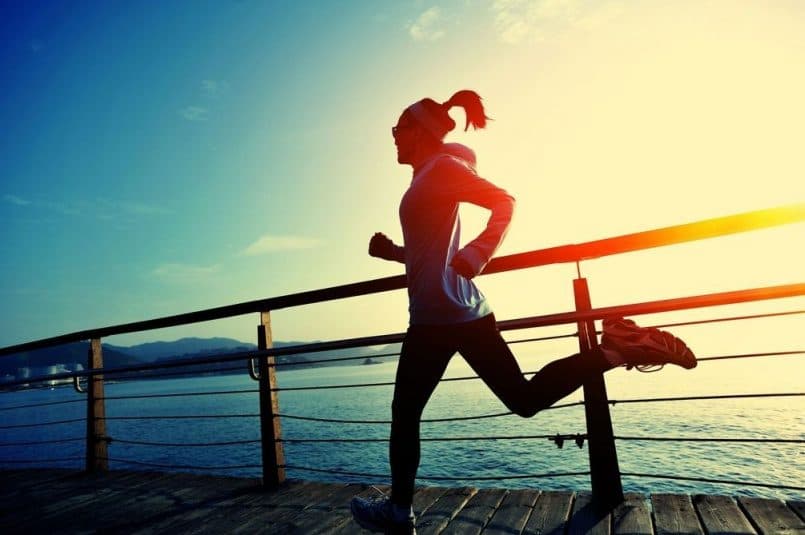How to Stay Active and Energetic in Old Age: Doctors’ Advice
Old age does not mean the end of an active life. On the contrary, it is during this period that taking care of physical and mental health becomes especially important. Modern medicine increasingly emphasizes that longevity is possible not only through proper treatment but also through effective prevention. This is particularly relevant in European countries, including Hungary, where the proportion of elderly people in the population is steadily growing. Doctors and gerontologists share proven recommendations on how to maintain vitality, energy, and interest in life after the age of 60.
Healthy Eating as the Foundation of Active Aging
One of the key factors in maintaining health is diet. As we age, metabolism slows down, and nutrient absorption may decrease. Hungarian dietitians recommend focusing on a Mediterranean-style diet adapted to local conditions: it is rich in vegetables, fish, nuts, and healthy fats.
It is important to avoid overeating and processed foods, as well as to monitor salt and sugar intake. Consuming large amounts of fresh vegetables, fruits, whole grains, and proteins helps maintain immunity and energy levels. Regular meal times and sufficient water intake are just as important as the food composition itself.
Movement — The Key to Vitality
Physical activity remains the most effective way to slow down the aging process. Doctors have proven that regular exercise helps preserve flexibility, strength, and endurance, while also improving cardiovascular function and reducing the risk of dementia.
Which Types of Activity Are Most Beneficial?
Doctors in Hungary and other European countries recommend moderate but consistent physical activity. The most effective types include:
Walking — at least 30 minutes a day outdoors
Swimming — especially beneficial for the joints
Nordic walking — strengthens back and arm muscles
Light gymnastics or yoga — improves coordination and mobility
Even a simple morning warm-up promotes energy flow and a positive mindset for the day. The key is to choose activities that match your health condition and fitness level.
Sleep and Recovery: An Often Overlooked Aspect
Quality sleep plays an essential role in the body’s recovery. Older adults often experience difficulty falling asleep and shallow sleep, which can lead to daytime drowsiness, irritability, and reduced concentration.
Doctors advise going to bed and waking up at the same time every day, avoiding heavy meals and bright lights before sleep. A cozy bedroom environment, evening walks, and avoiding caffeine after lunch can help normalize biological rhythms.
If insomnia becomes chronic, it is worth consulting a doctor — sometimes the cause may be vitamin deficiencies, depression, or thyroid problems.
Maintaining Mental Activity
Mental stimulation is no less important than physical activity. Mental health is closely linked to cognitive engagement. Regular intellectual exercises slow down age-related changes and reduce the risk of neurodegenerative diseases.
What Helps Maintain Mental Clarity?
Doctors recommend:
Reading books and newspapers
Learning foreign languages (such as English, German, or even Hungarian, if the person recently moved to the country)
Playing chess, sudoku, or solving crosswords
Learning to use new technologies — smartphones, tablets, computer software
It is also important to maintain communication with others. Regular conversations, group activities, and participation in hobby clubs help prevent loneliness and depression.
Emotional Health and a Positive Outlook
Emotional stability and a sense of self-worth become especially important with age. It has been proven that a positive outlook on life increases life expectancy and reduces the risk of chronic diseases.
Elderly residents in Hungary are increasingly involved in volunteer projects, cultural events, and attend painting, gardening, or history classes. These activities not only promote development but also add meaning to life.
Prevention and Regular Check-ups
Even with good health, it is important to undergo regular check-ups after the age of 60. Timely diagnosis can prevent the development of serious illnesses or detect them at an early stage.
The main areas of prevention include:
Monitoring blood pressure and cholesterol levels
Screening for diabetes and osteoporosis
Vision, hearing, and memory tests
Vaccination against flu, pneumonia, and other infections
Many Hungarian clinics offer comprehensive health programs for seniors, including consultations, lab tests, and lifestyle recommendations.
Conclusion: Active Aging Is a Reality
Age is not a barrier to an active and fulfilling life. On the contrary, this is a time when you can focus on yourself, restore your health, discover new hobbies and friends. The most important thing is not to stop and to follow the advice of specialists. Balanced nutrition, regular movement, quality sleep, and intellectual activity are the four pillars of vitality at any age.
Hungary offers all the conditions for a dignified and active old age: from accessible healthcare to a favorable environment and a variety of social programs. All that’s left is to take the first step — and enjoy each day with energy and joy.

